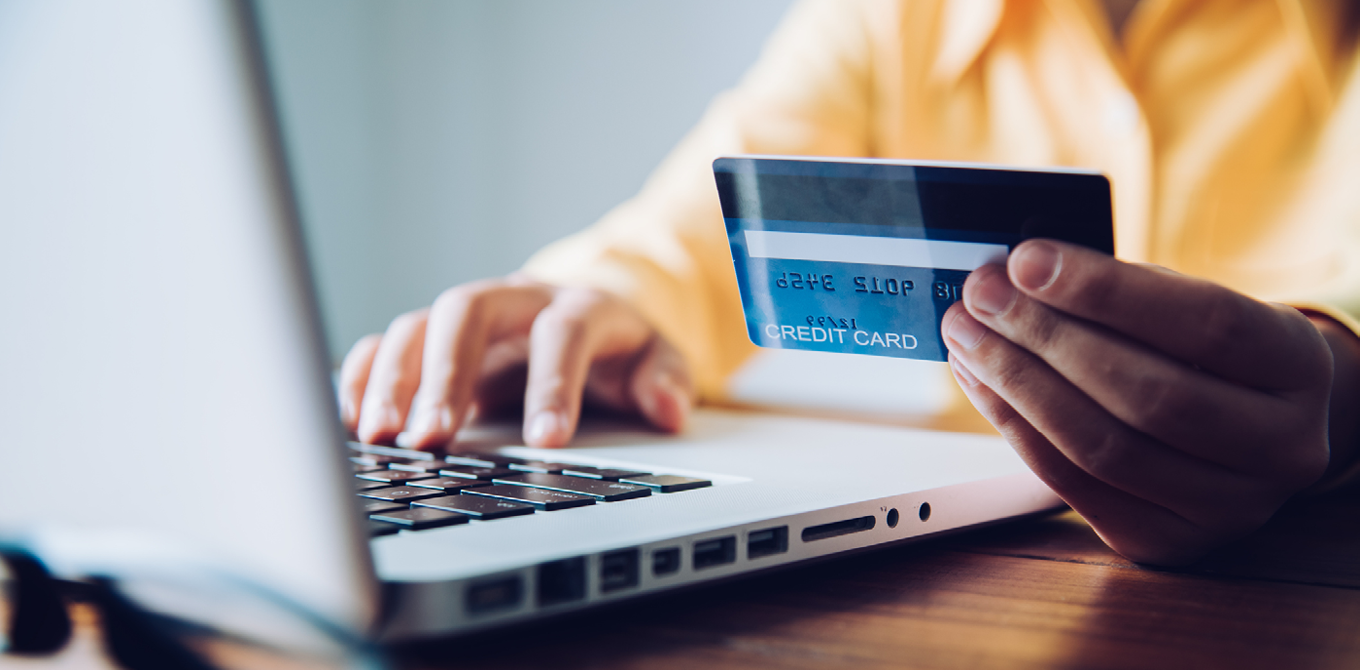A simple checklist for online security: 12-points to protect your privacy
Whether you’re paying bills, connecting with friends, shopping, or just keeping up with the news, you’re likely spending a lot of time online and on various devices every day. The average American spends nearly 7 hours online every day - but how much of that time is spent thinking about online security?
According to Internet Security Threat Report by Symantec, cybercriminals are diversifying their targets and using a variety of sophisticated methods like fraudulent emails posing as invoices or receipts to commit identity theft and fraud. Stopping fraud begins with understanding the steps you can take now to protect yourself.
Use this checklist to apply these best practices to your daily online life and keep your personal information secure:
1. Change your passwords frequently
Yes, it’s a hassle to remember (and change) passwords for your different accounts. But it’s a good security habit to update them every three to six months. Set a reminder for yourself or to make it even easier, you can use a password manager, which stores and encrypts your passwords for you and automatically logs you into your most commonly used websites.
2. Don’t use the same password (or phrase) twice
As tempting as it is, don’t reuse passwords across multiple sites and platforms. If you need help remembering your password, turn a sentence into a “passphrase”, and you’re more likely to remember it. For example, “icecreamwithsprinkles” or “2catsplaywithyarn!”. Then create variations based on that original passphrase for each login.
3. Avoid public Wi-Fi.
Coffee shops and stores make it convenient to access the internet, but an unprotected Wi-Fi network makes it easy for hackers to steal usernames, passwords, and other sensitive information.
4. Avoid social media scams
Sharing too much on social media may put your personal information at risk. Pay attention to the kinds of information you share─answers to questions, your address, pictures, and posts. Resist the urge to participate in viral challenges that require you to share detailed information (like the make and model of your first car) that could be used as an answer to a security question. Also, review privacy settings, so that you’re limiting the number of people who can see your information.
5. Watch out for phishing scams
Phishing is a cybercrime where fraudsters contact you via email, telephone or text message and pose as a legitimate institution to lure you into providing personal information. Use caution and review emails and text messages carefully, if something looks suspicious don’t click any links and contact the company to confirm if it’s legitimate. Also, avoid click bait—an email or ad that says, “Congrats you’ve won” or “You’ve earned a gift card.” These are often attempts to access your data.
6. Privacy settings
Privacy settings allow you to control how your personal information is collected, used, and disclosed. You can set your privacy settings on multiple levels: your device, browser, social media sites, and apps. Select only those settings that you are comfortable with and make sure to check them regularly because privacy options often change.
7. Use antivirus and anti-malware software
Scammers and hackers are always evolving new ways to compromise your information. Install anti-virus software, anti-spyware software, and a firewall. Set your preferences to update these protections often.
8. Make sure your devices are up to date
Technology changes so fast; it’s hard to keep up. For your financial security, it’s important to keep your computers, tablets, and phones up to date. Make sure you’ve installed the latest operating system and security software for your device.
9. Opt into alerts to track account activity.
Set up email and text alerts for your bank and credit card accounts to notify you of new transactions, including debits, credits, and transfers. This is an effortless way to monitor your accounts without having to log in to check them. In addition, review credit report regularly for potential signs of identity theft.
10. Lock your devices.
All your devices should lock automatically and have a password, and if they support it, facial or fingerprint recognition. That includes phones, laptops, tablets, and even e-readers. This helps keep your account logins and financial information safe if your device is lost or stolen.
11. Be selective about apps.
There's an app for just about anything these days, but not all of them are safe. Before downloading any app, especially those you link to your financial accounts like a shopping or coupon app, read the fine print to make sure it's from a trusted source and avoid third-party app stores.
12. Dispose of data securely.
Securely disposing of digital data is crucial to protect your personal information. Shredding isn’t just for paper documents; you can use companies that will physically shred or destroy your old computers and hard drives. You can also erase or overwrite hard drives, USB drives, and devices. Be sure to retrieve all your data before you stop using a cloud service.




